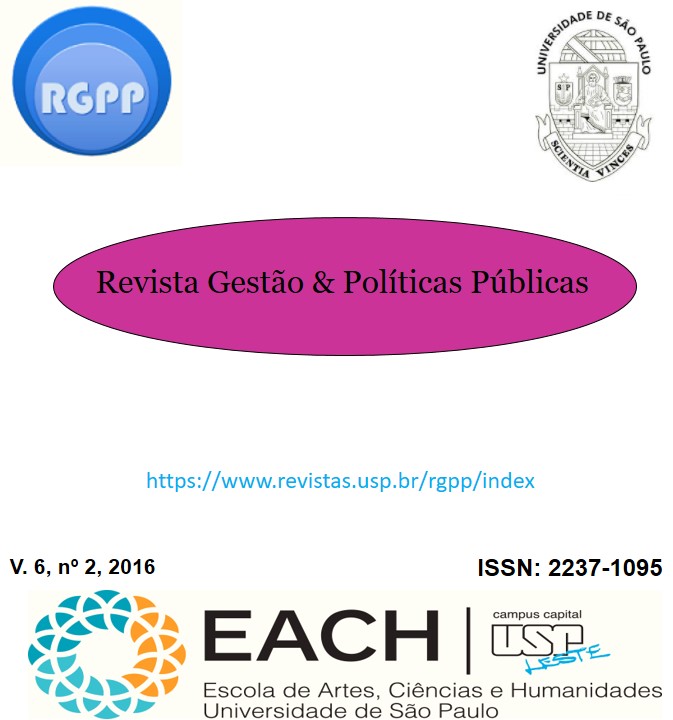Environmental Law and Sustainable Tourism: critical analysis between environmental ethics and interests in relation to non-human animal life
DOI:
https://doi.org/10.11606/issn.2237-1095.v6p187-200Palabras clave:
environmental law, sustainable tourism, environmental ethics, sustainability, non-human.Resumen
ABSTRACT
This study aims to investigate the exploitation of animal life in tourism observed in certain tourist destinations, such as Jenipabu/RN, which uses dromedaries from the Canary Islands in ethical mismatch. As observed hypotheses, tourism as an economic activity does not share the parameters associated with the preservation of life and sustainability and the use of animals in tourism comes to constitute the reproduction of cases related to the exploitation and violation of animal rights, non-human lives. It is analyzed the evaluation of tourism development of a destination that uses nonhuman life in this activity in certain regions of Brazil. Through exploratory research and qualitative method, it investigates the bibliography, original documentation and articles that address sustainability parameters in Brazilian Environmental Law and tourism, through which it was diagnosed a sustainable development mean for the sector, since this activity tends to reach a factor of preservation of the fauna by contributing to conservation funds. As preliminary conclusion, it is stated that tourism planning needs to share guidelines to ensure the maintenance of animal life for inspection by the responsible agencies, particularly in organizations that use animals in their routine activities, and to encourage the creation and participation of multiple actors in courses of environmental education by promoting parameters of awareness of the maintenance and conservation of non-human life.
Keywords: environmental law; sustainable tourism; environmental ethics; sustainability; non-human.
Descargas
Descargas
Publicado
Número
Sección
Licencia
Derechos de autor 2016 Revista Gestão & Políticas Públicas

Esta obra está bajo una licencia internacional Creative Commons Atribución-NoComercial-CompartirIgual 4.0.
La RG&PP sigue la norma Creative Commons (CC BY), que permite la remezcla, adaptación y creación de obras derivadas del original, incluso con fines comerciales. Las obras nuevas deben mencionar al autor o autores en los créditos.
La RG&PP utiliza el software de comprobación de similitud de contenido - plagio (Crossref Similarity Check) en los artículos enviados a la revista.






